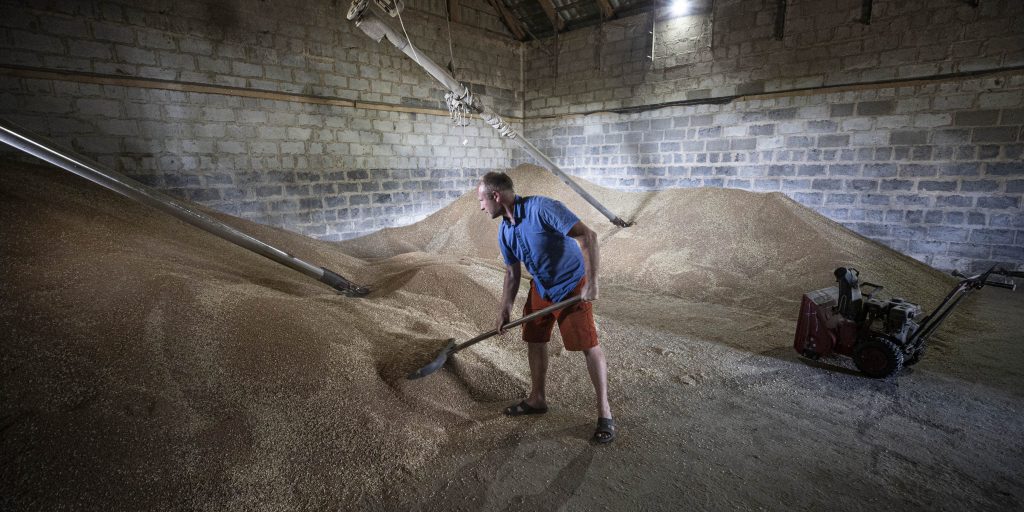- The UN has warned of "hell on earth" due to food shortages caused by the Russian invasion of Ukraine.
- The UN World Food Programme (WFP) director called the war "devastating."
- He said, "the best thing we can do is end that damn war and get the port open."
The UN has warned that there could be "hell on earth" due to the global economic impacts of Russia's invasion of Ukraine.
The Guardian reports that David Beasley, director of the UN World Food Programme (WFP), has said that the war has been "devastating" in conjunction with various other factors.
He said, "Even before the Ukraine crisis, we were facing an unprecedented global food crisis because of Covid and fuel price increases. Then, we thought it couldn't get any worse, but this war has been devastating."
Beasley said there would be "famine, destabilization of nations and mass migration" if the crisis were not addressed.
Ukraine is a significant exporter of grains such as wheat and corn, accounting for 12% and 17% of global supply, respectively. However, the conflict in the country has closed the Black Sea ports and stopped exports.
Speaking in Addis Abada, Ethiopia, Beasley said that the riots and destabilization in countries such as Sri Lanka, Tunisia, Pakistan, and Burkina Faso are a "sign of things to come."
The "best thing we can do," he said, is "end that damn war in Russia and Ukraine and get the port open," the Guardian reports.
Matthew Hollingworth, the Emergency Coordinator for the World Food Programme in Ukraine, has said that the war could lead to a "hunger crisis of catastrophic proportions."
Hollingworth said that 400 million people around the world were fed by Ukrainian grain in 2021, but now, "acute hunger is expected to rise by 47 million people if the conflict in Ukraine continues unabated."
"Countries already on the brink rely on Ukraine for their food, and right now, food is blocked in the ports," he said.
Speaking at the end of May, President Zelenskyy also warned of a global hunger crisis if Ukraine's ports stayed closed, saying Ukraine's inability to export food was creating a food emergency in countries dependent on its wheat and barley.
